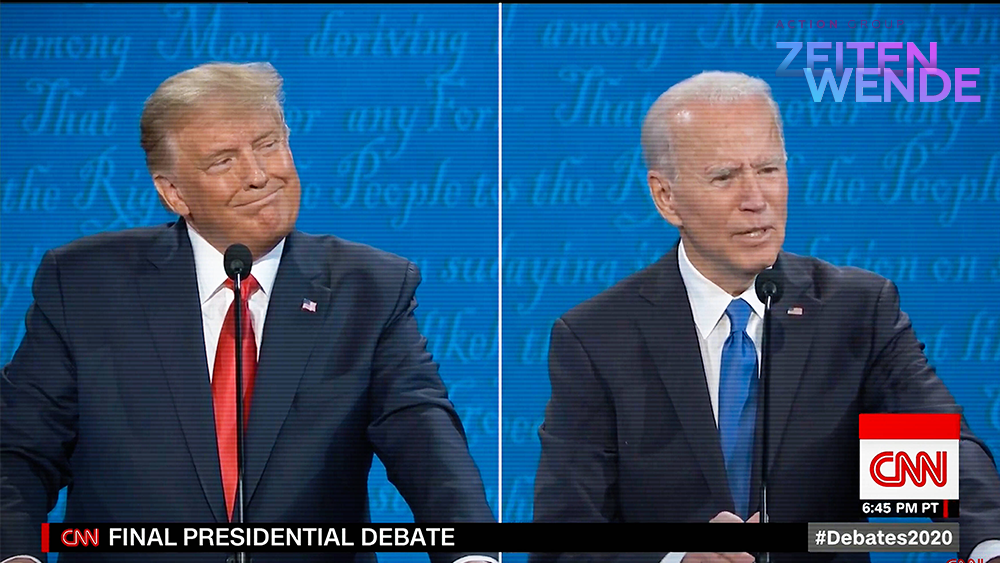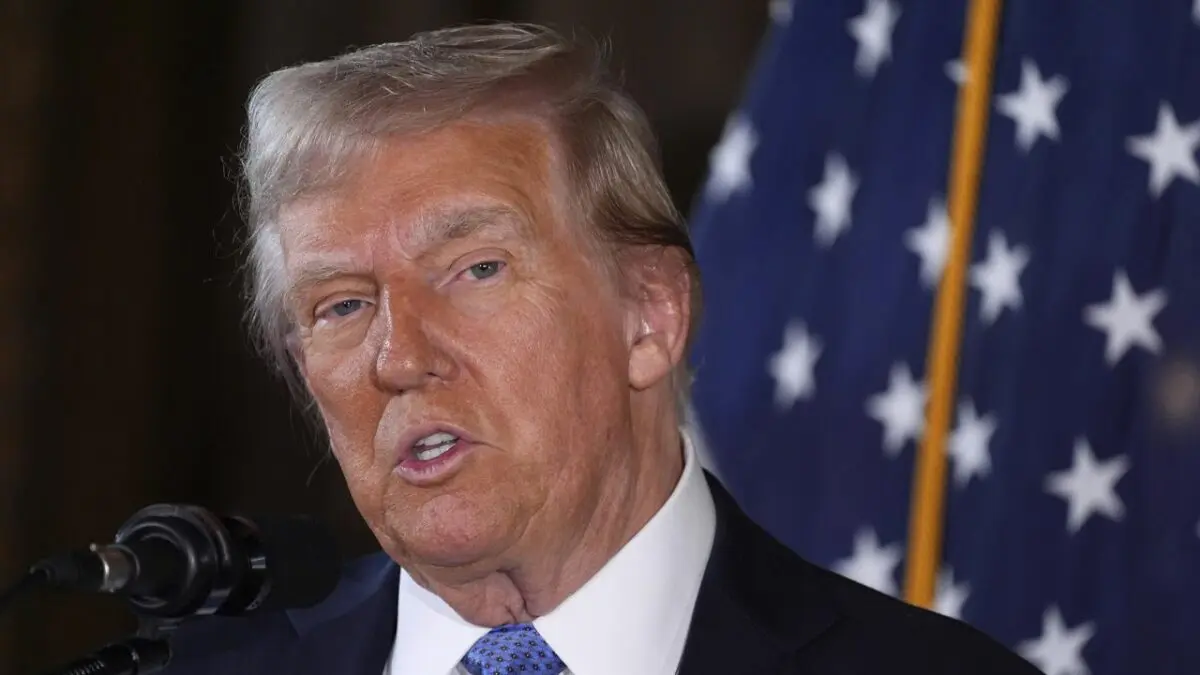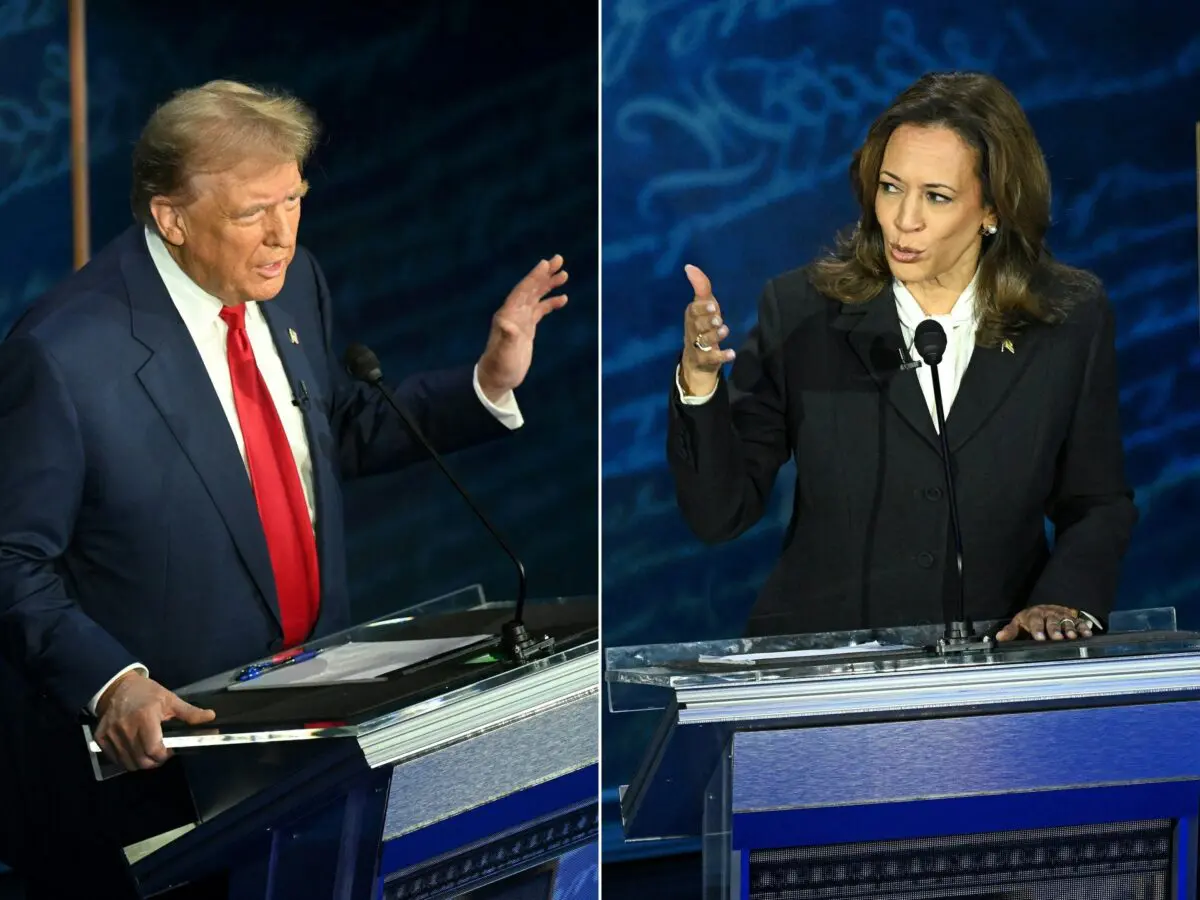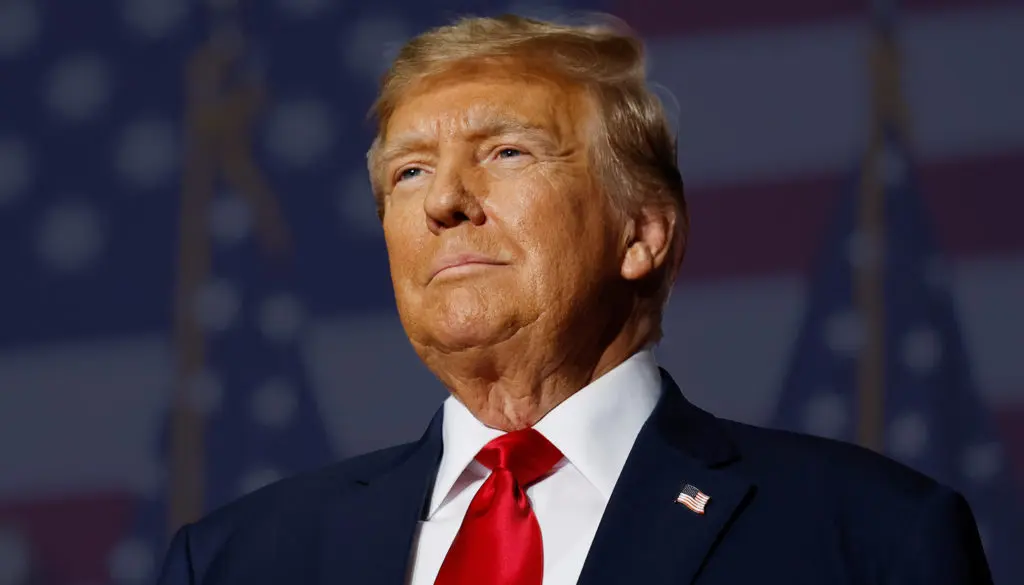The intersection of reality television and politics has never been so glaring than during Donald Trump’s presidency. With a background firmly rooted in reality TV, Trump brought a unique flavor to the office that merged showmanship with governance. This article delves into the multifaceted challenges that Trump faced as he transitioned from a reality TV star to the 45th President of the United States. The implications of this shift extend beyond politics; they affect how the public perceives leadership and accountability in contemporary governance.
Critics and supporters alike have noted that the antics typical of reality TV often translate into the political arena, creating a spectacle that both captivates and horrifies observers. Under this new form of governance, the stakes are exceedingly high. This discourse will explore various significant issues that arose during Trump’s administration and how they relate to his reality TV persona.
The Reality Show Governance Model
Trump’s approach to leadership has frequently been characterized as a reality show governance model, which places entertainment and spectacle at the forefront. Fueled by a vigorous media presence, this model blurred the lines between the serious nature of political responsibility and the emergent culture of celebrity. Events that would typically be treated with gravity were often reduced to tweet-worthy moments, reflecting the environment Trump cultivated. The ramifications of such an approach are profound, leading to a shift in public expectations. As policies took a backseat to personalities, the focus on resolving pressing issues waned.
How Media Coverage Shapes Perception
Throughout Trump’s time in office, media coverage evolved dramatically. The emphasis on sensational narratives often overshadowed substantive discussions. Within this milieu, media personalities became pivotal figures, influencing public discourse. Research showed that regular viewers of certain news outlets tended to adopt the viewpoints espoused by their favored personalities, which is similar to reality TV’s impact on its audiences. This scenario raises questions about the degree of critical thought exercised by the public and the extent to which media shapes reality.
The Undoing of Norms
One of the most striking consequences of Trump’s reality TV presidency is the apparent erosion of established political norms. Traditional values of diplomacy and decorum were replaced with confrontational rhetoric and impulsive decision-making. Critics argue that this shift resulted in a ‘survival of the fittest’ mentality, where political survival became paramount. Such a distortion of norms potentially destabilizes the foundational principles of American democracy, leading to an environment where ideological extremes reign.
Public Reactions and Backlash
The public reaction to Trump’s presidency demonstrated the range of emotional responses that his reality-show antics elicited. A segment of the population thrived on the entertainment value, celebrating his defiance against political correctness. Contrarily, detractors voiced concern about the implications of normalizing such behavior at the highest levels of government. This polarization highlights the deep divisions within society, echoing the competitive nature of reality TV. As societal debates intensified, the challenges of uniting a fractured populace became more pronounced.

The Administration’s Key Challenges
As the Trump administration grappled with various crises, the challenges presented often felt akin to plotlines from a soap opera. Each modern crisis became a dramatic twist, showcasing a president whose reactions frequently mirrored those of a reality television star. From handling international relations to managing domestic policy issues, Trump faced hurdles that tested his approach.
Immigration Controversies
Immigration policy swiftly became a focal point of contention within the Trump presidency. His attempts to establish stricter immigration laws often provoked severe backlash, with families torn apart and communities polarized. The depiction of immigrants in Trump’s rhetoric also resonated with reality TV themes, where characters are often defined by their most extreme attributes. The consequences were multifaceted, from divisive political discourse to tangible impacts on vulnerable populations. As a result, immigration transformed into a battle cry, reflective of the challenges inherent in maintaining a balanced narrative amid sensationalistic portrayals.
Economic Ups and Downs
Throughout Trump’s tenure, the economy performed variably. Interviews highlighted economic metrics, discussing job growth and stock market performance often with the flare of a dramatic reality show reveal. While supporters pointed to successes, critics were quick to highlight glaring inequities, particularly in wealth distribution. Trumpland’s economic policies resonated with some, while leaving others feeling disenfranchised. This created a layered narrative where triumphs were often celebrated, but underlying struggles were frequently overlooked.
Social Justice Movements
The eruption of social justice movements during Trump’s presidency added another dimension of complexity. From the Black Lives Matter protests to #MeToo, these movements catapulted issues of systemic racism and gender inequality into the limelight. Media coverage framed these protests dramatically, contributing to a reality show atmosphere rife with conflict. The administration’s responses varied, often characterized by dismissive tweets or statements that fueled further outrage. In this regard, Trump’s presidency mirrored a heated reality show contest, where competing narratives clashed amidst significant societal stakes.

The Impact on International Relations
International relations under Trump’s stewardship resembled a series of shocking episodes that captivated audiences worldwide. His vastly unconventional approach included numerous diplomatic ruptures and surprising alliances, leaving many to ponder the impacts on global collaboration.
Negotiation Styles and Unconventional Diplomacy
Trump’s negotiation tactics would often frame discussions as high-stakes competitions, much like final eliminations in reality shows. This method proved unconventional and polarizing, reshaping how the world viewed American diplomacy. Traditional diplomatic norms seemed significantly less important in light of this approach, as Trump’s style emphasized confrontation over collaboration. For many nations, dealing with the U.S. became akin to entering the unpredictable world of reality television.
Trade Wars and Tariffs
Trade policies enacted during Trump’s presidency led to strained relations with several countries. The implementation of tariffs created an environment marked by tension and retaliation, reminiscent of plot twists drawn from competitive reality shows. The whims of the president translated into policy decisions that upended longstanding agreements and relationships, leaving both allies and adversaries scrambling for clarity amidst the chaos.
Responses to Global Crises
Trump’s handling of global crises, such as the COVID-19 pandemic, further showcased the confluence of reality TV and leadership. Communication surrounding the pandemic oscillated between shock and disbelief, with live press conferences drawing millions of viewers, akin to season finales. This blend of showmanship and critical policy messages complicated efforts to manage public perception during uncertain times. As reality TV’s unpredictability mirrored the unforeseen challenges presented by the pandemic, a new narrative emerged—governance under pressure became a spectacle.

Legacy and Future Implications
As Trump concluded his term, discussions regarding his legacy became complex narratives laden with conflicting viewpoints. The question concerning the future direction of the Republican Party emerged, alongside national progress.
Shifts Within the Republican Party
Trump’s presidency profoundly influenced the Republican Party, shifting its policies and values. His branding of issues such as immigration and trade created a party defined by populism and nationalism. These transformations have implications for future candidates, as party members grapple with reconciling Trump’s polarizing legacy with traditional conservatism. The emergence of competitive primaries reflects a party at a crossroads, questioning which direction to embrace moving forward.
The Role of Future Leaders
Future leaders must navigate a landscape shaped by Trump’s influence, where reality TV elements meld seamlessly with political strategy. As the divide between parties widens, the strategies employed by aspiring leaders will be critical in shaping their messages and electability. The challenges of addressing the whims of a populist constituency while remaining aligned with traditional party values pose significant dilemmas for those seeking power.
Political Accountability
The erosion of accountability throughout Trump’s administration raises concerns that extend beyond his presidency. The acceptance of reality TV style governance set a precedent that future leaders might emulate. This trend could challenge the fundamental principles of democratic governance, as entertainment eclipses essential accountability and responsibility in leadership. A return to traditional governance may become crucial in restoring public trust and confidence.

Source: www.thedailybeast.com
I’m Mikael, a 35-year-old Gossip Gravity Creator. I’m passionate about curating captivating content that sparks conversations and ignites curiosity. Join me on this exciting journey as we explore the fascinating world of gossip and trends together!


